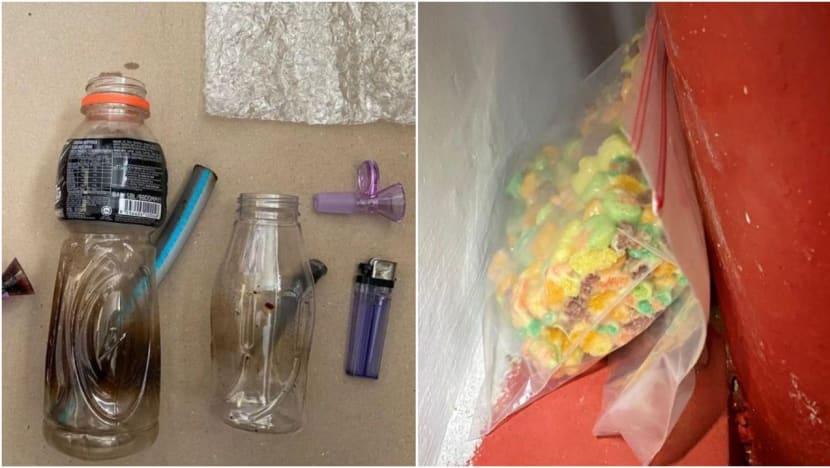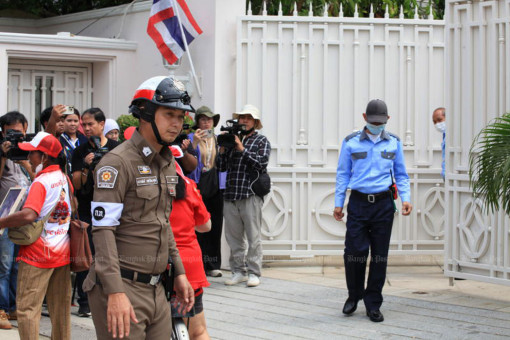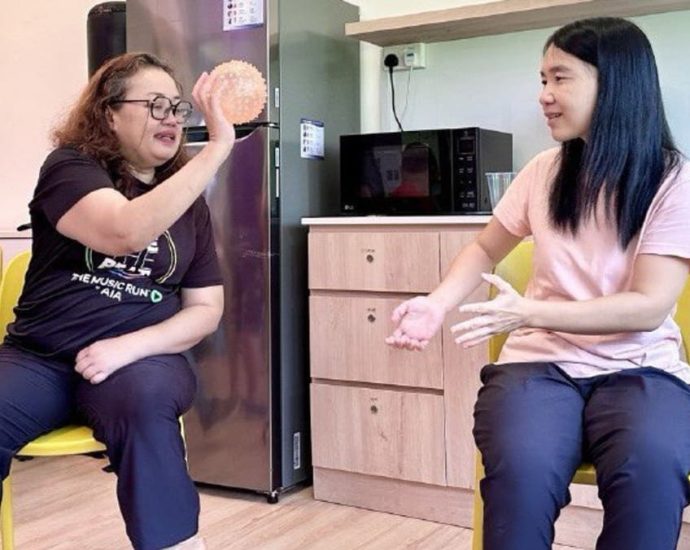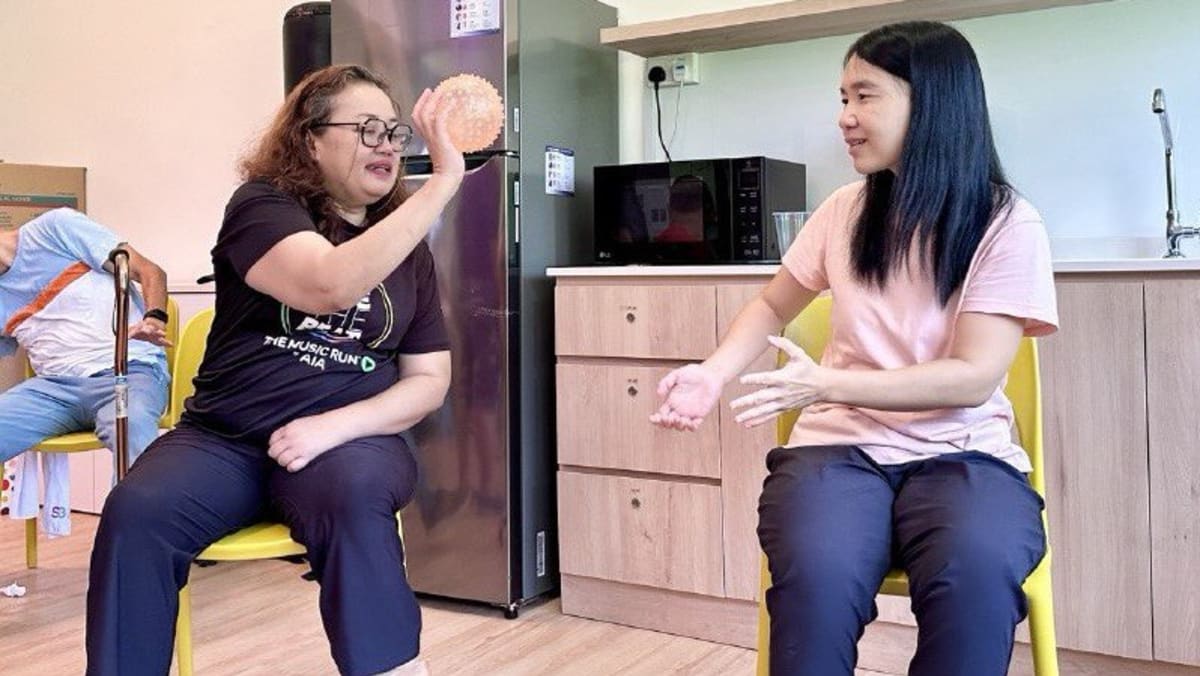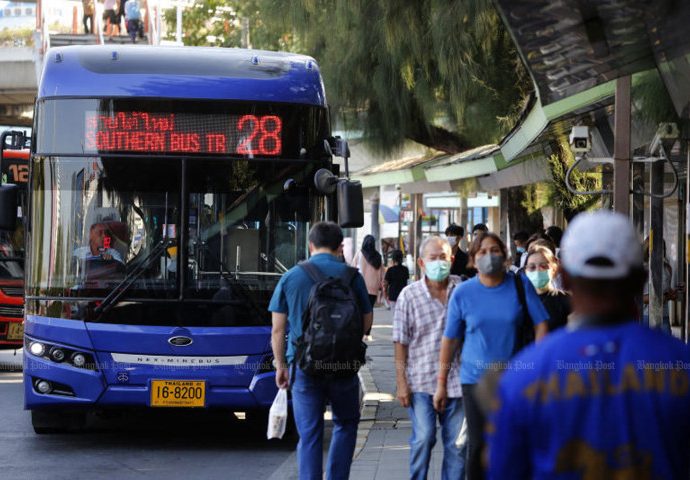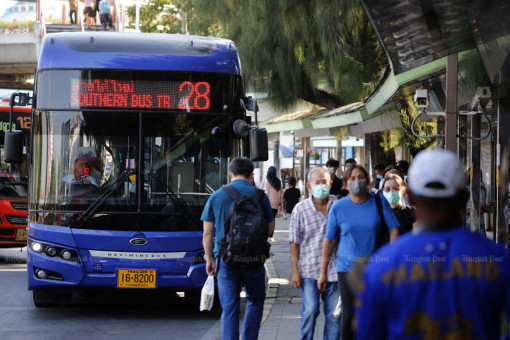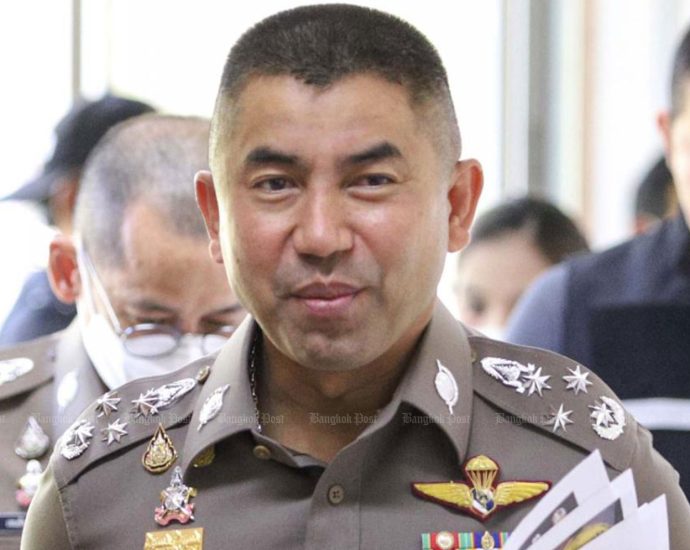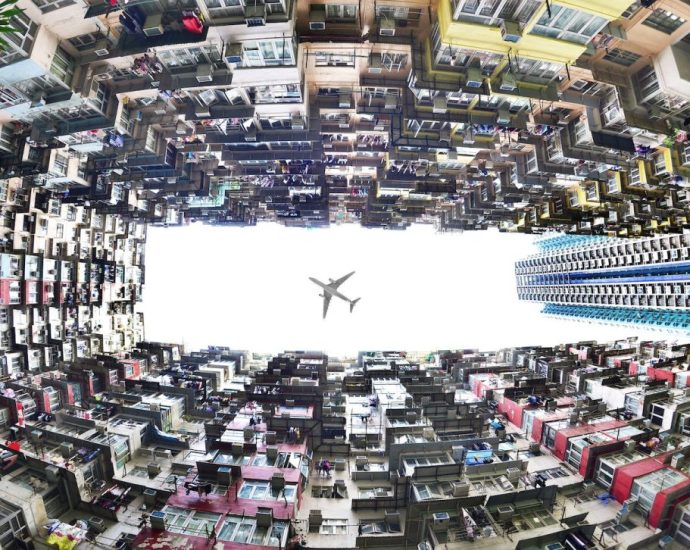Jesse Baird: ‘Grave concerns’ over TV presenter and boyfriend Luke Davies missing in Sydney
 Jesse Baird
Jesse BairdPolice say they have “grave concerns” over a TV presenter and his boyfriend who disappeared in Sydney in suspicious circumstances.
Possessions belonging to ex-Network 10 presenter Jesse Baird, 26, and Luke Davies, 29, were found on Wednesday in a bin in a suburb of the city.
Police have been trying to locate a third man – named by local media as a police officer who had dated Mr Baird.
On Friday morning, a man was taken into custody at a local police station.
New South Wales (NSW) Police have not confirmed if the 29-year-old – who handed himself in – is the man they were seeking to question over the disappearances.
It comes after officers searched a home in the Balmain area of Sydney on Thursday night, seizing a number of items.
Officers found blood and moved furniture at Mr Baird’s home in the Paddington area, around 28km (17 miles) from Cronulla, the suburb where a worker found the couple’s belongings in a bin.
Blood-stained clothes, a phone and credit cards were among the items found.
Police believe the couple were in Paddington on Monday. CCTV footage obtained by 7NewsAustralia shows what it says appears to be the couple going into Mr Baird’s flatshare.
CCTV footage showing a white van in the area was also being looked at by police, the news outlet said.
Qantas flight attendant Mr Davies has not been in contact with his family or attended work since Monday, according to police.
Det Supt Jodi Radmore said all lines of inquiry were being investigated and told reporters: “We do believe, from the crime scene at Paddington and from property located at Cronulla, that there has been some sort of incident.”
She added that had given the force “great concerns for one, possibly both their safety”.
“Witnesses described a verbal argument,” she continued, “but it wasn’t reported to police at the time … it was only reported to police yesterday [Monday morning] during canvassing.”
New South Wales Police are appealing for information.
Mr Baird had been a presenter and red carpet reporter on Network 10’s morning show Studio 10 until the show was axed in December.
Qantas said it was providing support to Mr Davies’ colleagues.
“Our thoughts are with family, friends and colleagues of our crew member at this very difficult time,” the airline said in a statement.




